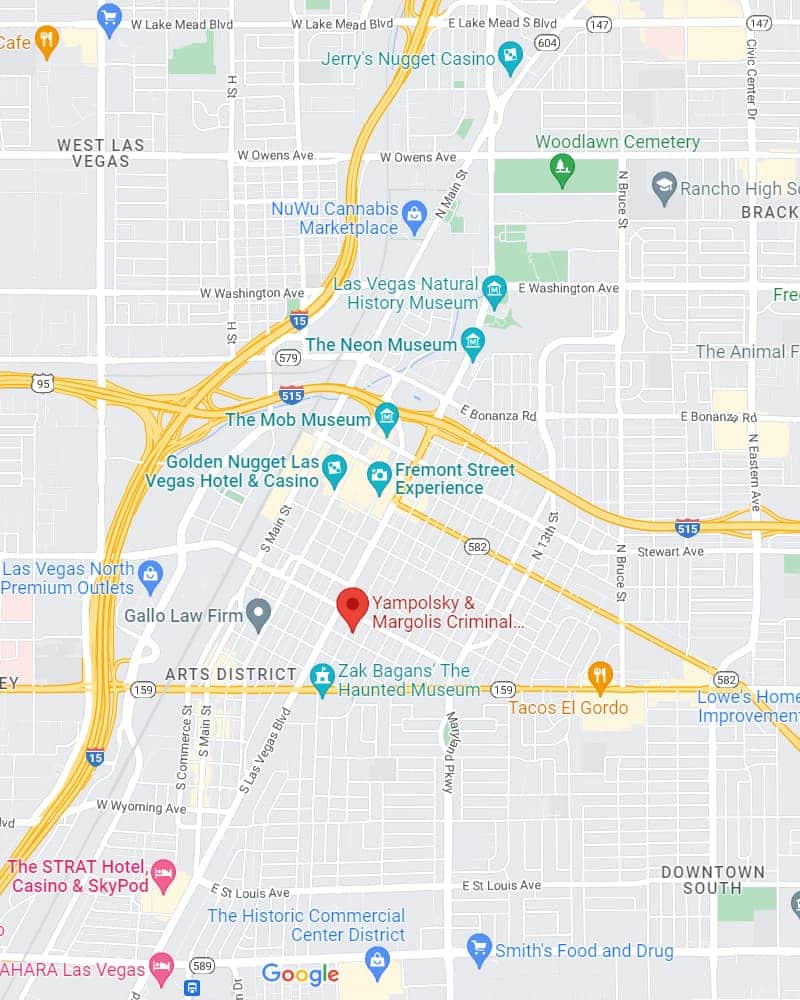There are a few categories of DUI offenses that subject Nevadans to felony punishment, are charged as “B” felony offenses, and carry a statutory penalty of 1-6 years in the Nevada Department of Corrections. A third DUI conviction within any seven-year timeframe will be charged as a felony DUI in Nevada, even if the prior DUI convictions occurred elsewhere. What’s more, any DUI which results in an accident and also causes a death or substantial bodily harm will be charged as a B felony offense. NRS 484C.400.







